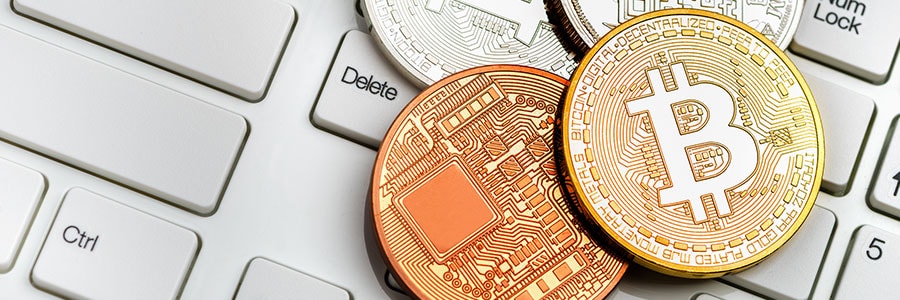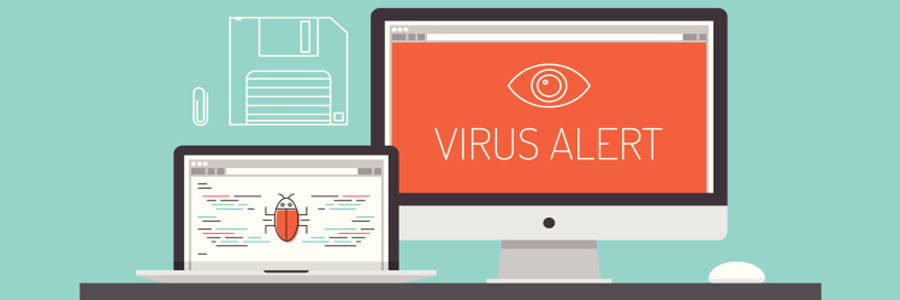Your smartphone is no longer just a communication device; it's a portal to your entire digital life, from banking apps to social media accounts. While convenient, this setup comes with a myriad of cybersecurity risks, making it essential to secure your digital space and protect your identity.
How your smartphone’s biometrics boosts your online protection
Security tips for Macs and other Apple devices
Make sure your web browser is safe

Web browsers are gateways to the internet, which is why you should care about how they transmit and store sensitive information. Want to learn more about which browser is safest? Take a read.
Microsoft Edge
Microsoft Edge, Windows’ current default browser, is an improvement over its predecessor Internet Explorer (IE). Edge was developed with Windows 10 integration and IE end-of-life in mind, resulting in a powerful and more efficient browser that has Cortana (Windows’ answer to Alexa and Siri) integration and Microsoft Store extensions.
3 Simple security tips to prevent data theft

Advances in technology have made life easier, but have also paved the way for cybercriminals to steal your data. This can be a big blow to small business owners who often take data security for granted. To secure your data, follow these simple tips.
Cover your webcam
If Facebook founder Mark Zuckerberg, former FBI Director James Comey, and National Security Agency whistleblower Edward Snowden all believe their webcams could be compromised, there’s no reason you should feel safe.
Solve these Office 365 security challenges

Microsoft’s Office 365 is a robust productivity and collaboration tool. Businesses are particularly drawn to its advanced features, flexibility, and cost-efficiency. But like other cloud-based platforms, it’s not immune from security risks.
Vulnerabilities in SharePoint
Businesses typically use SharePoint Online and on-premises SharePoint sites to store sensitive data like personally identifiable data.
What to do when your Mac is hit with malware

Macs may be heralded as more secure than their competitors, but they too can be hacked. Malicious programs that appear like harmless files or apps can infect your computer and cause it to slow down to a crawl. If this ever happens, you must be able to remove the malware quickly before the infection gets worse.
Hijackers might be using your PC to mine for BTC

Because of the increasing value of cryptocurrency, it comes as no surprise that hackers have geared up to get more of it. They use a process called cryptojacking, which can considerably slow your PC down. If you notice your computer is performing in a subpar manner, hackers may already be using your hardware to make easy money.
End ransomware with virtual DR
Phishing through VoIP: How scammers do it

Many businesses nowadays are well-armed against email-based phishing scams, which is why scammers have moved over to VoIP (Voice over Internet Protocol) scams. Through “vishing scams,” hackers can pretend to be bank representatives and convince your employees to provide confidential financial details via a seemingly innocuous VoIP call.
Keep your mobile devices safe with these tips
- 1
- 2




